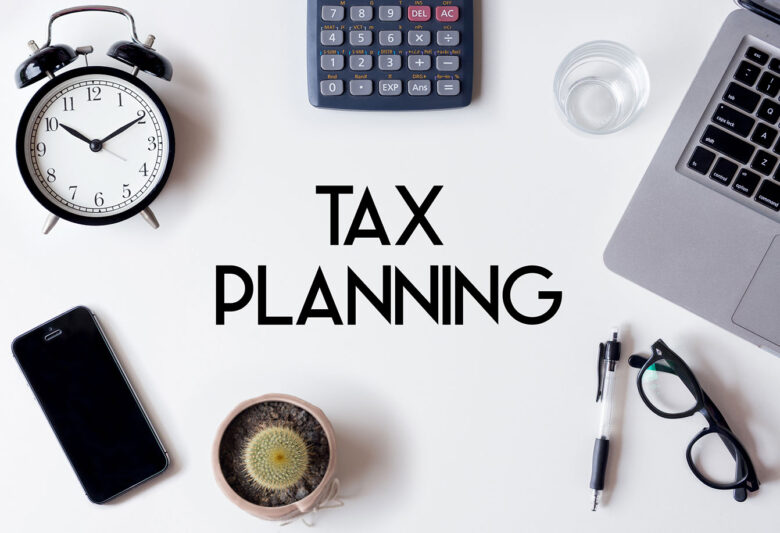Saving for retirement isn’t just a simple math problem; it’s a deeply psychological process influenced by biases, emotions, and decision-making patterns. As we study behavioral economics, we discover that most people don’t save wisely. Instead, present bias often influences our decisions, making short-term gains seem more attractive than long-term gains, even if those gains are …
Financial risk decisions aren’t just about statistics and reasoning. They’re also deeply emotional, and our biases—mental shortcuts we’re not even aware of—often drive our decisions. These biases influence how we assess risk, choose investments, and even how much insurance we need. The problem is, we’re often unaware that they’re working behind the scenes, clouding our …
Under the influence of behavioral economics, financial advisors and asset managers are reevaluating clients’ behavior, decision-making, and long-term financial performance. This emerging discipline, which combines psychological and economic theories, explains why investors often make irrational financial decisions. Asset managers can now offer clients more empathetic solutions by overcoming biases such as loss aversion and overconfidence …
You might think your financial strategy is perfect—a budget, savings goals, and an investment plan are all in place. But your brain might be secretly working against you. Our brains are filled with biases that can thwart even the most well-laid plans, from emotional spending and procrastination to worrying about stock market drops. These behaviors …
It’s not just about making smart investments or saving large sums to gradually build wealth. It’s also about controlling your behavior—those subtle choices and actions that can help your finances grow or unknowingly harm them. While most individuals concentrate on returns, portfolios, and market trends, they often overlook behavioral patterns. Unaddressed, these patterns can result …
Nearly everyone recognizes the importance of filing taxes, yet many people put it off until the final days before the deadline. Despite the potential financial consequences, postponing tax returns can be unexpected. Understanding the psychological reasons behind this behavior can help individuals and businesses make better financial decisions and learn from the stress of tax …






